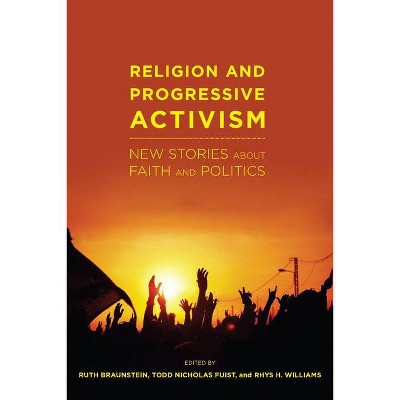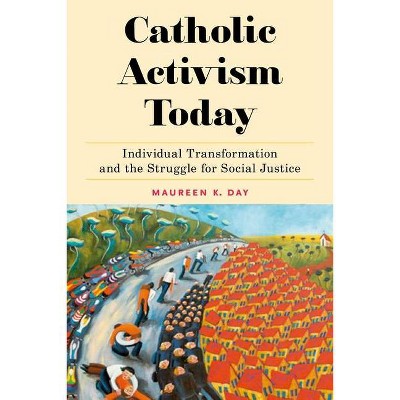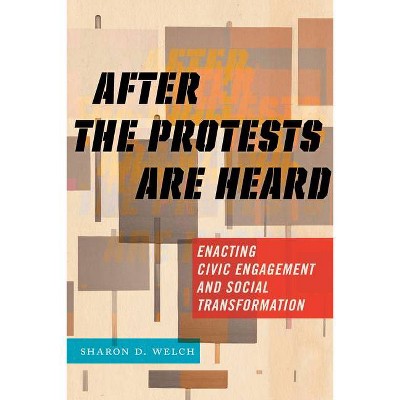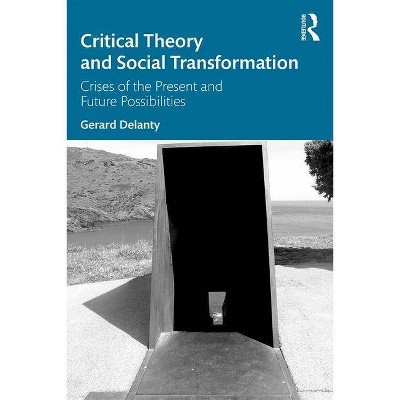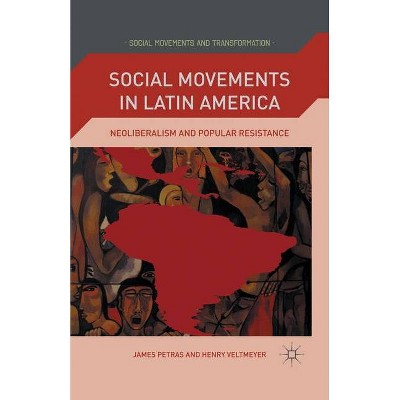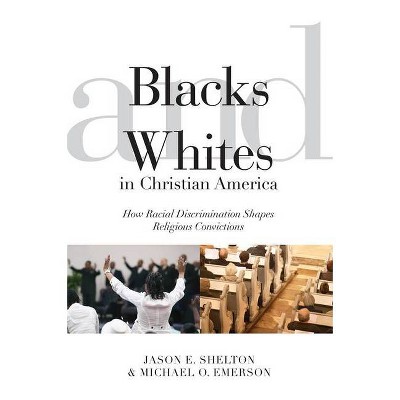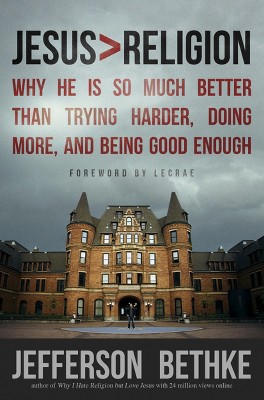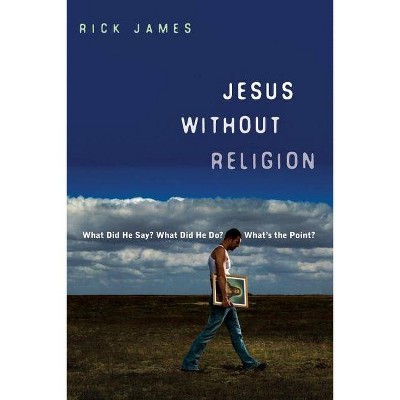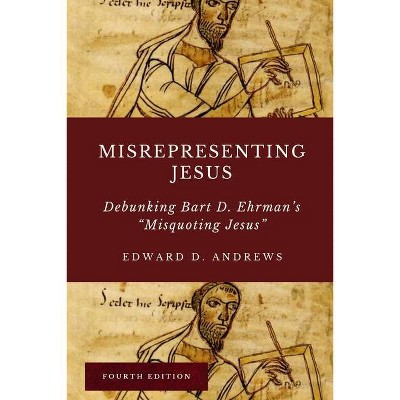Jesus Saved an Ex-Con - (Religion and Social Transformation) by Edward Orozco Flores (Paperback)
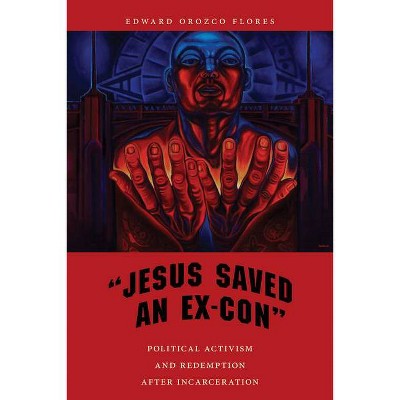
Similar Products
Products of same category from the store
AllProduct info
<p/><br></br><p><b> Book Synopsis </b></p></br></br><p><b>An examination of the efforts of faith-based organizations to expand the rights of the formerly incarcerated </b></p><p>The use of religion to rehabilitate and redeem formerly incarcerated individuals has been a cultural touchstone of the modern era. Yet religious outreach to those with criminal records has typically been associated with an emphasis on private spirituality, with efforts focused on repentance, conversion, and restorative justice. This book sheds light on how faith-based organizations utilize the public arena, mobilizing to expand the social and political rights of former inmates. </p><p>In "Jesus Saved an Ex-Con," Edward Orozco Flores profiles Community Renewal Society and LA Voice, two faith-based organizations which have actively waged community organizing campaigns to expand the rights of people with records. He illuminates how these groups help the formerly incarcerated re-enter broader communities through the expansion of citizenship rights and participation in civic engagement. </p><p>Most work on prisoner reentry has focused on how the behavior of those with records may be changed through interventions, rather than considering how those with records may change the society that receives them. Flores explores how the formerly incarcerated use redemption scripts to participate in civic engagement, to remove the felony conviction question from employment applications and to restrict the use of criminal background checks in housing and employment. He shows that people with records can redeem themselves while also challenging and changing the way society receives them.</p><p/><br></br><p><b> Review Quotes </b></p></br></br><br>A unique book. It's not a book about gangs or crime, but rather the story of individuals who have been incarcerated, many with previous gang involvement and drug histories, and how they participate in faith-based community organizing in order to improve the reentry process back into society.-- "American Journal of Sociology"<br><br>In this powerful work, Flores challenges the top-down bias of criminal justice reform ... Flores's concepts of pastoral and insurgent prophetic redemption will be useful to scholars studying religious social movements, and the book's broad themes make it valuable for diverse sociological audiences. A welcome addition to criminal justice literature as well as to the literature on the sociology of religion and social movements.-- "Choice"<br><br>In this book, Edward Orozco Flores contributes to the growing debate on criminal justice reform by showing how ex-prisonersnow 'returning citizens'are giving back to American communities. They give back not only by sharing their personal stories of moral redemption, but also by reclaiming forms of civic life and political empowerment against the grain of elite manipulation. Drawing on scholarly work in the sociology of religion, social movements, and civic life, Flores argues that 'prophetic redemption' may not only redeem ex-offenders own stories but also redeem the full promise of American democracy against the imposters that claim to speak in its name.--Richard L. Wood, author of A Shared Future: Faith-Based Organizing for Racial Equity and Ethical Democracy<br><br>Jesus Saved an Ex-Con is an important book because its detailed and engaging case studies address broadly relevant sociological questions even as they speak directly to the religion and social movements subfields. As such, it will appeal not only to its core subdisciplinary audience, but also to criminologists and to some policy and governance scholars. Community organizers and other activist practitioners will also have much to gain from reading it, as will ethnographers across subfields, who can benefit from Flores' insightful, though brief, discussions of how he met his research participants and gained their trust, and the moments of discomfort he felt in the field. In all, this is a highly readable and analytically rich book that should be on many sociologists' shelves, and would also suit undergraduate courses in religion, social movements, and criminology.--Sociology of Religion<br>
Price History
Price Archive shows prices from various stores, lets you see history and find the cheapest. There is no actual sale on the website. For all support, inquiry and suggestion messagescommunication@pricearchive.us
